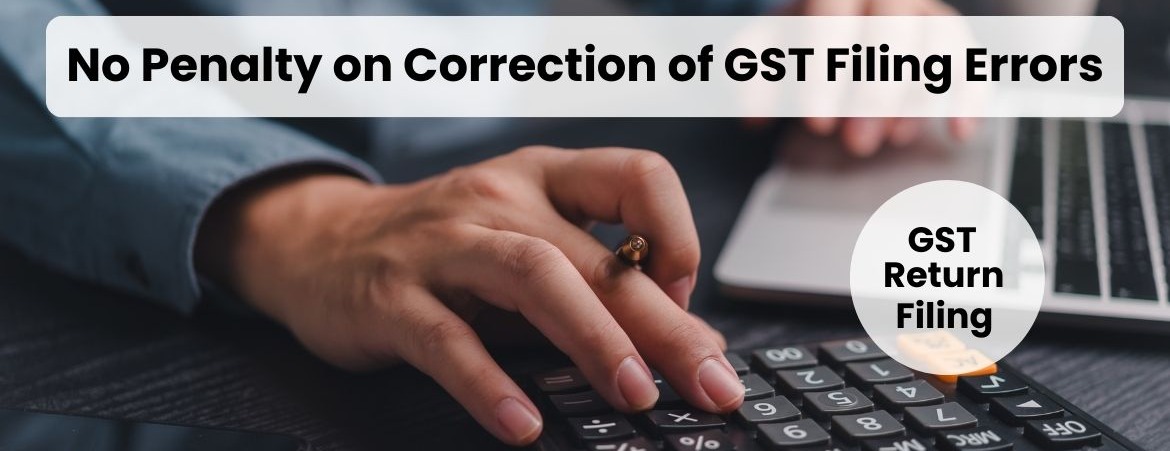B.L. Hansaria, J.@mdashThe question involved in this writ petition relates to the payment of interest by the Government u/s 214 of the Income Tax Act, 1961, hereinafter "the Act." Under that provision of law, interest is payable by the Government at the stipulated rate on the amount by which the aggregate sum of any instalments of advance tax paid during any financial year in which they are payable under Sections 207 to 213 exceeds the amount of tax determined on regular assessment. The question for decision is if the advance tax had not been paid on the dates specified for this purpose but had been paid during the entire financial year, whether on the excess amount interest would be payable by the Government ? A similar question, of course, relatable to Section 215 of the Act, dealing with interest payable by the assessee, was examined by this court is
2. Shri Choudhury, however, submits that the same ratio would not apply in case of interest payable by the Government u/s 214 because Section 211 of the Act has laid down the dates by which advance tax has to be paid in instalments. In this connection, he has also referred to
3. Shri Goswami, however, brings to our notice the decisions of other High Courts which have stated that if the instalments of advance tax have been paid during the financial year and if the aggregate of the instalments exceeds the amount of tax determined on regular assessment interest becomes payable even if the advance tax had not been paid on the dates stipulated by Section 211 of the Act. It was pointed out in this connection that Section 214(1) of the Act has not referred to the dates on which the instalments are payable. It has been emphasised in these decisions that Section 214 of the Act only states that instalments must have been paid during the financial year in which they are payable. It was further pointed out that though Section 214 refers to instalments payable under Sections 207 to 213, there is no reference in Section 214 about the manner of payment of instalments. It was, therefore, concluded that it was not permissible to read more into Section 214 than what is expressly stated. This is the view expressed in CIT v. Jagannath Narayan Kutumbik Trust [1988] 144 ITR 526 . From the decision in this case we find that a similar view had been taken by the Gujarat High Court in
4. The petition is, therefore, disposed of by stating that interest would be payable by the Government on excess advance tax even if the tax had not been paid on the due dates but had been paid during the financial year. The order of the Commissioner by which he refused to pay interest u/s 214 is, therefore, set side and the Department is directed to pay interest in the light of the observation made above.

